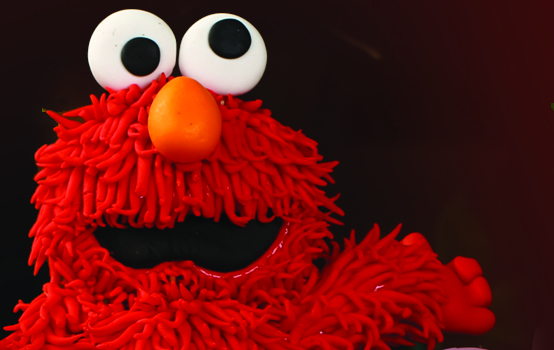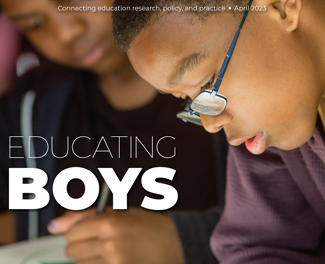
Several years ago, the Corporation for Public Broadcasting (CPB) hired a team of consultants, myself included, to write a report on the outcomes of the U.S. Department of Education’s 2005-2010 Ready to Learn grant, supporting the production of Sesame Street, Between the Lions, and other children’s television shows (and related books, websites, and other resources). Unlike previous federal grants, this one included a significant amount of money ($20 million, or a little more than a quarter of the total) for CPB to commission dozens of rigorous empirical studies into how effective these programs are at helping children learn to read.
As we described in our report (CPB, 2011), the findings were overwhelmingly positive: According to a wealth of evidence, these programs do in fact provide effective literacy instruction to millions of kids, having the greatest benefit for children from low-income backgrounds.
Of course, the research only confirmed what most people already knew. Public broadcasting — particularly its children’s programs — is extraordinarily well-loved by Americans. By and large, people trust the news and information they get from the Public Broadcasting Service (PBS) and its local stations. They rate the federal contribution to CPB (which, in turn, funds PBS) as a very effective use of their tax dollars. And they feel very comfortable letting their children watch PBS shows (much more so than kids’ shows on commercial television). Further, while federal policy makers, including President Donald Trump, occasionally threaten to zero out CPB’s funding, public broadcasting retains strong bipartisan support in Congress.
CPB and PBS have come to mind many times over the past few weeks, as I’ve worked on this month’s issue of Kappan. How is it, I’ve wondered, that public broadcasting enjoys such support at a time when the future of public education seems so uncertain?
The two sectors have a lot in common. Both are nonprofit and taxpayer-funded enterprises. Both make it their mission to educate and inform, and both are forever having to justify themselves to policy makers, fending off those who think their missions would be better served by removing their “monopoly” status and opening the floodgates to private competition.
Unlike public education, though, public broadcasting has muppets.
Which is to say that CPB and PBS have more than just a public organizational structure and an admirable public mission. They also have an unassailably public ethos, a particular air of credibility, trustworthiness, and integrity that people have come to associate with programs like Sesame Street.
Even in these divisive times — when so many of our public schools serve to track and sort, when our enrollment zones serve to segregate, when our states permit wealthy school districts to secede from their neighbors, and when our secretary of education promotes school vouchers and tuition tax credits — muppets continue to unite. They will never unfriend you because you’re queer, or have a disability, or can’t pass a test, or can’t afford tuition, or live in the wrong part of town. They will never proselytize. They have no ulterior motives. They simply want to help you learn to read, count, share, take turns, and maybe take a nap. Sesame Street, that is, enacts our noblest public aspirations, broadcasting the common good, day after day, to every corner of the country.
It is, in short, very difficult to hate Sesame Street — or, by extension, to hate PBS and CPB — much less to persuade Americans that public broadcasting ought to be broken up, or exposed to market forces, or its assets handed over to private interests. Would that we could say the same of our public schools.
Reference
Corporation for Public Broadcasting. (2011). Findings from Ready to Learn: 2005-2010. Washington, DC: Author. www.cpb.org/files/rtl/FindingsFromReadyToLearn2005-2010.pdf
Citation: Heller, R. (2018). The editor’s note: E pluribus Elmo. Phi Delta Kappan, 100 (3), 4.
ABOUT THE AUTHOR

Rafael Heller
Rafael Heller is the former editor-in-chief of Kappan magazine.










